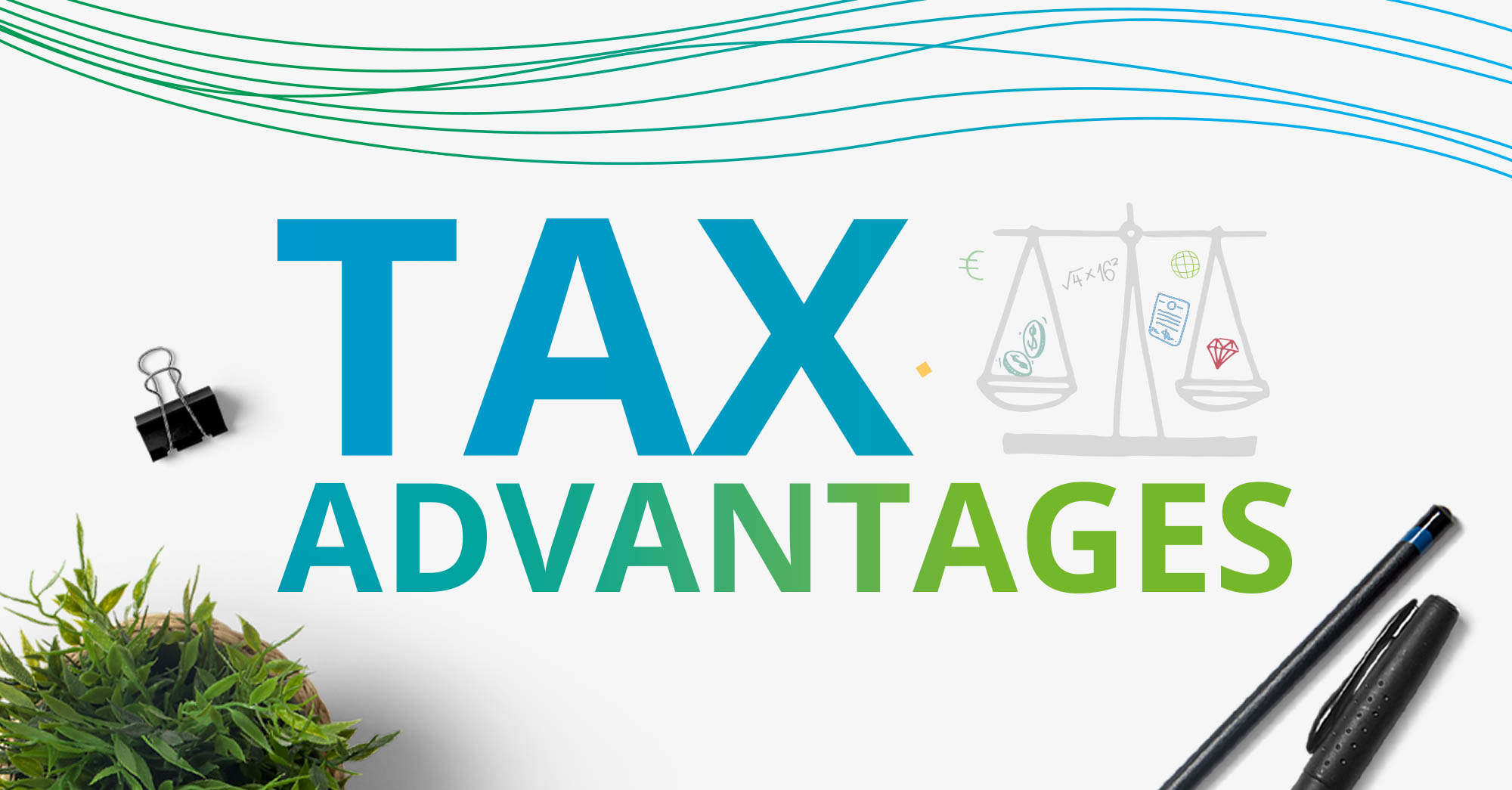The Enterprise Management Incentive (EMI) is the UK share option scheme popular with growing companies that want to reward and incentivise their employees through equity compensation.
An EMI scheme gives employees the option to buy an agreed number of company shares at a fixed price and at a fixed date. This option to buy shares may be based on the employee meeting certain criteria, such as performance targets, time requirements, or employee exits. An individual company must also meet certain conditions to qualify for the scheme.
Among those conditions are that the company cannot be controlled by another company, its gross assets cannot be worth more than £30 million, it must have fewer than 250 full-time employees, and it must be carrying out a qualifying trade.
Other key conditions include a £250,000 limit in the market value of options that can be issued to any eligible employee, an overall limit of £3 million, an understanding that options must be exercisable within 10 years, and that those options must be for ordinary, irredeemable shares.
For our full breakdown on EMI schemes, check our complete guide.
The scheme has been growing in popularity in the UK, and one of the reasons for its prevalence is due to its generous tax advantages that benefit both the employer and employee.
EMI Tax Advantages for Employers
Corporation Tax Relief
Companies that offer an EMI share scheme to their employees are eligible for Corporation Tax (CT) relief on any EMI options that are exercised. The CT relief is the difference between the agreed original share value at the time of the award and the market value at the time the option is exercised. Typically, the agreed share value at the time of the award is the restricted market value or the nominal value. Depending upon how the share price has moved over time, CT relief ultimately accruing to the company might translate into a substantial sum.
If the employee is awarded the options at market value, the CT relief will be the amount that is tax applicable. Additionally, if the employee is granted options at a discounted rate of market value, CT relief is applied to the value of the discount and the amount that would have been tax applicable.
Tax Advantages for Employees
Income Tax and National Insurance Contribution
EMI options are income-tax-free when they are first granted, and the employee does not have to pay a National Insurance Contribution (NIC). Once the options are exercised, they may be obligated to pay these fees. This is determined by the exercise price.
- If the exercise price is the same as or above the actual market value (AMV) at the time of the award, income tax and NIC is not due.
- If the exercise price is below the AMV at the time of the award and the shares are convertible notes, income tax and NIC are applied to the difference in the two values.
- If the exercise price is below the AMV at the time of the award and the shares are not convertible notes, income tax is applied to the difference in the two values.
Entrepreneur’s Relief
As part of an EMI scheme, employees are eligible for a discounted rate of Capital Gains Tax (CGT) when they exercise their options. CGT is usually 20%, but in this scenario, it is applied at 10%. This is known as Entrepreneurs’ Relief.
If the shares are acquired more than 90 days after a disqualifying event, the Entrepreneur’s Relief is no longer applicable.
Tax Benefits of EMI Options Versus Unapproved Option Schemes
The advantages of EMI options become even more apparent when we compare how the tax scenario plays out for an employee under this kind of scheme as opposed to an unapproved option scheme. The difference can be stark, with an EMI likely to ultimately prove far more lucrative.
No tax liabilities arise at the point where options are granted, whether it is an EMI or unapproved option scheme; however, their paths diverge at the point when those options are exercised. With an EMI, tax only falls due when the shares are eventually sold, whereas, with an unapproved scheme, a tax liability becomes due at the point when the options are exercised. Also, when the shares are sold, under an EMI scheme, CGT is set at 10%; meanwhile, if the scheme is unapproved, the corresponding levy is 20%.
These two differences lead to the respective scenarios playing out very differently. Yes, in the end, employees will benefit under both schemes, but compared to an unapproved scheme, not only will employees almost certainly end up pocketing more under an EMI, they will experience far fewer headaches along the way.
A significant saving for participants
In the final calculations, a person in an EMI scheme will have to pay 10% tax rates on the profits they make due to Entrepreneur’s Relief and Capital Gains, while a person in an unapproved scheme is subject to regular income tax rates of 40% when awarded the options and also subject to Capital Gains Tax if they sell them for a profit.
For a person who is awarded £100,000 of share options, for example, the difference between being in an EMI versus paying regular income tax (or in an unapproved scheme) will be tens of thousands of pounds owed the HMRC over the scheme’s lifetime.
Enterprise Management Incentives, Simplified
We have the necessary expertise and experience to help you make a success launching your EMI, at every step along the way.
You can rest assured that you are taking full advantage of the benefits on offer with the EMI scheme and continue to do so as you grow as a company, working with experts like here in Global Shares and using our enterprise incentive management software.
Please Note: This publication contains general information only and Global Shares is not, through this article, issuing any advice, be it legal, financial, tax-related, business-related, professional or other. The Global Shares Academy is not a substitute for professional advice and should not be used as such. Global Shares does not assume any liability for reliance on the information provided herein.








